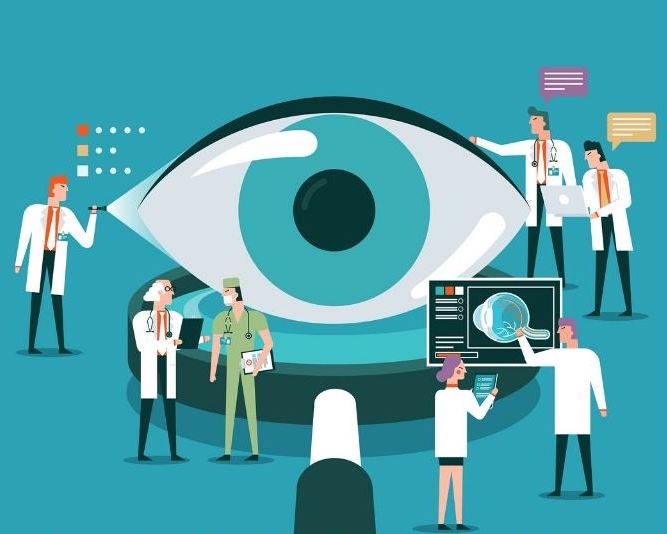3 O's of Eyecare
Opticians, optometrists, and ophthalmologists are all healthcare professionals who work with the eyes and vision, but they have different roles and responsibilities. Here is a breakdown of the differences between these three types of professionals:
Optician
Opticians are trained to recommend, dispense and fit eyeglasses. They typically work in retail settings, such as eyewear stores or optical departments in optometry offices. Opticians have certifications (such as the ABO) associated with their profession but certifications are not required in every state.
Optometrist
Optometrists are eye doctors who are trained to diagnose and treat a range of vision problems and eye diseases. They can prescribe eyeglasses and contact lenses, as well as medications to treat eye conditions. Optometrists typically have a Doctor of Optometry (OD) degree and may work in private practices or eye clinics.
Ophthalmologist
Ophthalmologists are medical doctors who specialize in the diagnosis and treatment of eye conditions and diseases. They can perform surgery, prescribe medications, and fit eyeglasses and contact lenses. Ophthalmologists typically have a Doctor of Medicine (MD) or Doctor of Osteopathic Medicine (DO) degree and may work in private practices, hospitals, or eye clinics.
Summary
In summary, opticians primarily dispense eyewear and custom fit for patients, optometrists diagnose and treat vision problems and eye diseases, and ophthalmologists are medical doctors who specialize in the diagnosis and treatment of eye conditions and diseases.

